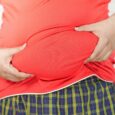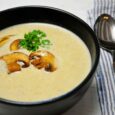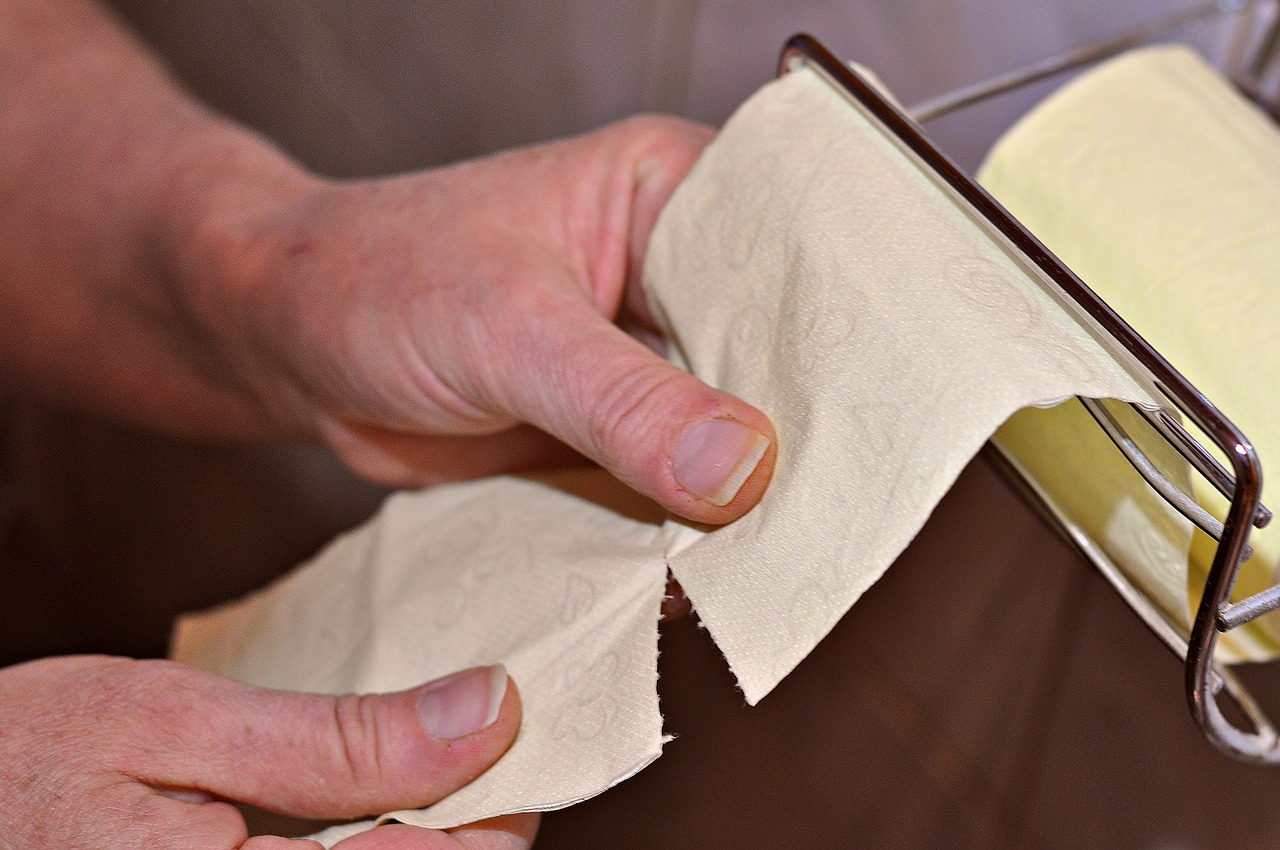Gout is the most common form of inflammatory arthritis in men over 40 years of age. Women tend to get gout later in life, more likely in the hands, wrists and arm joints. People with gout or with specific types of kidney stones, are advised to avoid foods that are high in a natural compound called purines. High purine foods can raise uric acid levels in the body, so reducing the intake can help lower blood levels of uric acid. You do not need to avoid all foods with purines, only those that are highest in purines, but reduce your intake of the others.
Could I get gout?
We don’t know exactly who will get gout, but these are the main things that increase your risk:
| Having high blood levels of uric acid | Being male |
| Māori and Pacific ethnicity** | Having chronic renal (kidney) impairment |
| High blood pressure | Being on diuretic* medication |
| Obesity | Coronary heart disease |
| High intake of meat, seafood and alcohol (particularly beer) | |
| People with variants in URAT1, the gene that codes for the specific uric acid transporter, may be at increased risk | |
How to prevent gout:
- Drink 8 to 12 (250ml) glasses of liquid (mainly water) each day to help stop uric acid building up in the body. Water helps flush out the uric acid and can help prevent kidney stones from forming.
- Consider getting more of your protein from low-fat and fat-free dairy foods, such as milk and yoghurt if you are dairy tolerant. This can help lower uric acid levels.
- Coffee (moderate, regular) and cherries may reduce uric acid levels
- Vitamin C – at least 500mg daily may help reduce uric acid levels.
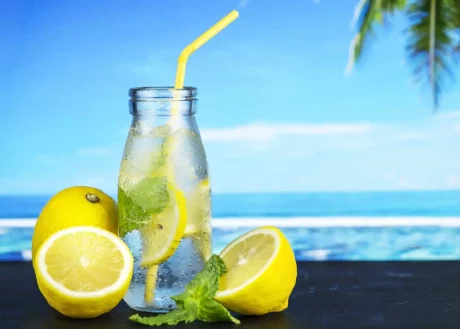
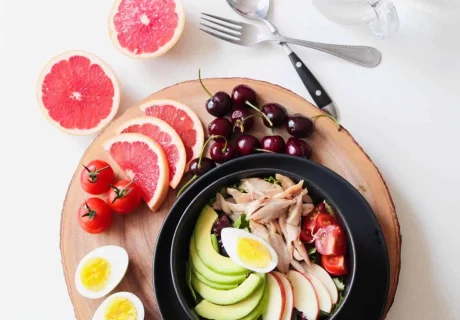
5 Things to Avoid if you have Gout:
- High-fat foods: Fat holds uric acid in the kidneys, so avoid fried foods, full-fat dairy products (including full-fat cheese), rich desserts, and other high-fat items.
- Avoid having lots of purines at one meal, which can increase the risk of an attack almost 5x
- Refined carbohydrates: sugar, white bread, pasta, and white rice
- Alcohol: Beer and whiskey are high in purines, but some research shows that all alcohol can raise uric acid levels. Wine is a better choice or by a little alcohol-free beer.
- Alcohol also causes dehydration, making it harder to flush uric acid out of your body
- Sweetened beverages: Fructose is an ingredient in many sweetened beverages, including fruit juices (except pure cherry juice) and sodas, and consuming too much puts a person at risk for gout.
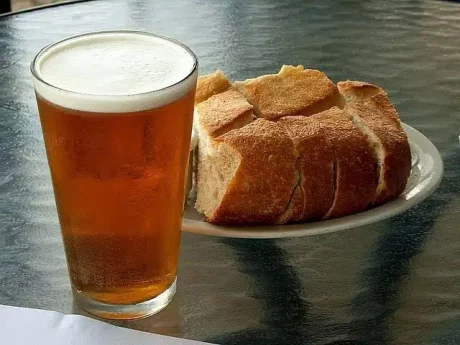
Purines in Food – A General Guide
| VERY HIGH PURINE FOODS (Avoid): 150-1000mg purine/100g Avoid these completely |
| Fish: Anchovies, haddock, herring, mackerel, sardines, smelt, trout, tuna |
| Seafood: Crayfish, lobster, mussels, roe, scallops |
| Meat: Duck, goose, quail, rabbit, veal, venison, mincemeat, and wild game |
| Processed meat: Bacon, luncheon meat, frankfurter sausages, lard, liverwurst |
| Offal: Brains, heart, kidney, liver, sweetbreads |
| Other meat: Meat based soups, bouillon, consommé, gravy |
| Other: Baker’s or Brewer’s yeast (taken as supplements) |
| Dairy products: Regular/high fat cheese, cream |
| MEDIUM PURINE FODS (Limit): 50-150mg purine/100g Limit to 150g of food from this group daily, spread over the day |
| Seafood: Crab, lobster, oysters, prawns, shrimp, scampi |
| Meat: Ham, pork, red meat (fat trimmed off), sausages, poultry (without skin), breast meat is best, corned beef |
| Vegetables: Artichoke, aubergine, bean sprouts, broccoli, brussels sprouts, cauliflower, corn, leek, button or portobello mushrooms, peas, peppers (green), spinach. |
| Legumes: Garbanzo (chickpeas) and fava beans, peanuts, soy, lentils, hummus, tofu |
| Nuts: peanuts, cashews, peanut butter, mixed ground nuts |
| Fruit: Apricot, fig, prunes |
| Grains: Barley, oats, wheat |
| Other: Cocoa, chocolate |
| LOW PURINE FOODS (Enjoy): 0-50mg purine/100g Your diet should be based mainly these foods |
| Fish: White fish (not on list above), salmon (max 75g per serve) |
| Dairy: Low fat cheese, such as edam, feta, fat-reduced yoghurt |
| Other proteins: Eggs, nuts (except peanuts), seeds, wholegrains (rye, brown rice, quinoa, buckwheat) |
| Vegetables: avocado, beetroot, cabbage, carrot, celery, celeriac, corn salad, cucumber, endive green beans, fennel, kale, kohlrabi, lettuce, Chanterelle mushrooms, olives, onion, peppers, potato, pumpkin, radish, sauerkraut, shitake mushrooms, sugar snap peas, tomato, zucchini |
| Other: Miso paste for flavouring, sauces/gravies. Vegetable soups, with a little chicken |
| Fruit: Berries, kiwifruit, melons (except watermelon), papaya. |
What else can I do?
Follow a low-acid forming and low-fructose diet. Foods that are high in fructose, and other foods that elevate the blood acidity, despite their low purine content, may aggravate gout. Some examples: very spicy and greasy food, alcohol, excess tea, deeply fried food and more. Lose weight if you are overweight. Weight management is a key component in dietary management of gout. A 5% loss in body weight leads to a 10% reduction in serum uric acid levels.
| HIGH FRUCTOSE FOOD (Limit): |
| Apples, apricots, grapes, peaches, pears, plums, prunes, watermelon, dates. Corn, corn syrup, honey |
| If you are overweight, lose weight slowly. Aim to lose ½ to 1kg a week. Losing weight too fast can increase uric acid levels in your body. |
| LOW FRUCTOSE FRUIT (Enjoy): |
| Cherries, blueberries, oranges, mandarins, pomegranate, strawberries |
About one third of the uric acid in the body comes from the diet, and two thirds comes from processes within the body (mainly coming from tissue catabolism). For about 80% of adults with gout, low excretion of urate by the kidneys is the cause of high uric acid. Being on diuretic medication. Insulin resistance (metabolic syndrome) is associated with lower excretion of uric acid in the urine, and therefore higher levels in the blood. *Diuretic medication (often prescribed for high blood pressure) is a risk factor for elevated uric acid and recurrent gout attacks. Diuretic therapy should be minimised and avoided wherever possible. Talk to your doctor about other medication for high blood pressure. Or contact us for a “warrant of fitness” to see how else you can reduce your blood pressure or uric acid levels.



